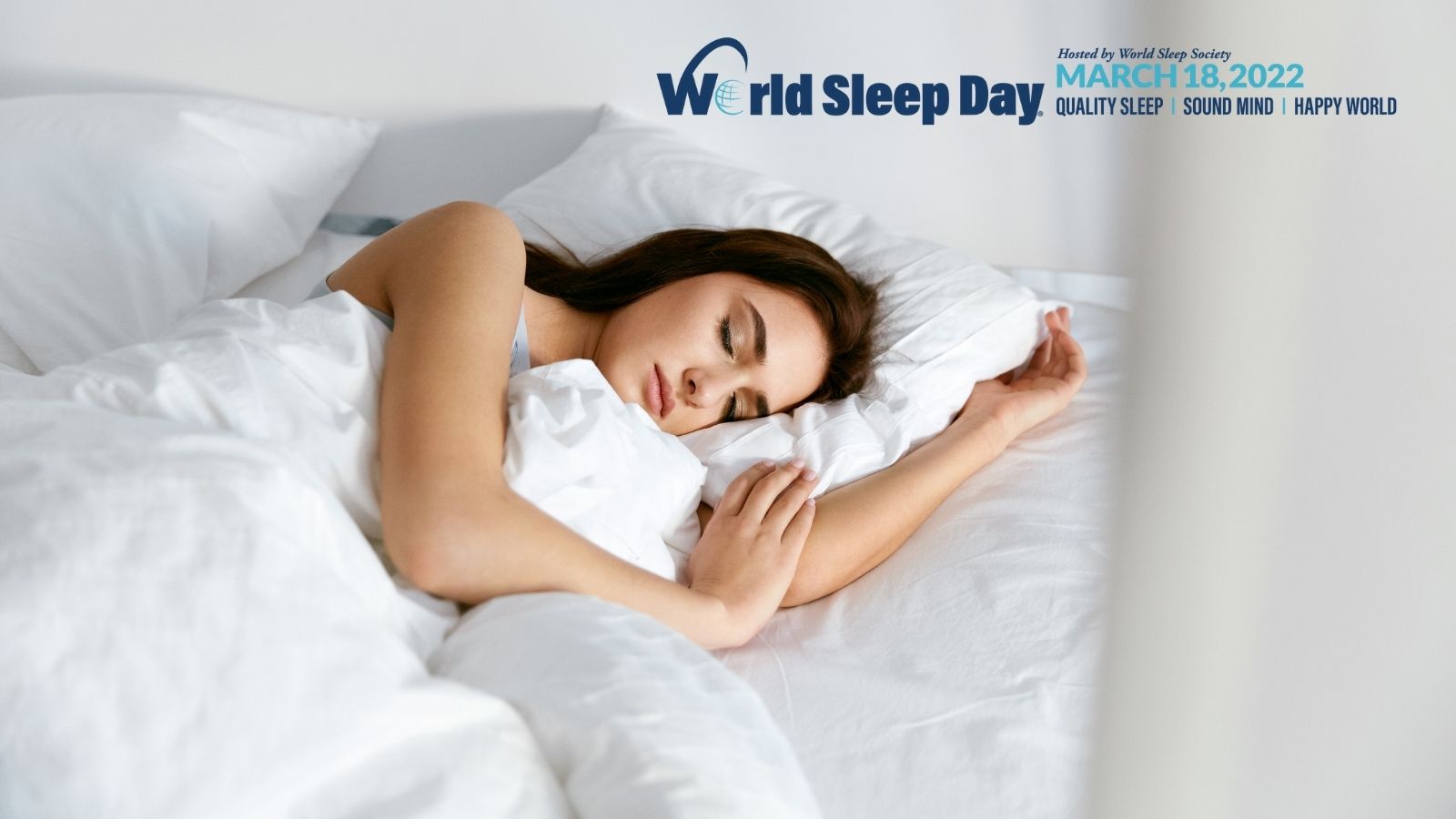Why Sleep
Today is World Sleep Day, where the focus this year is on Quality Sleep, Sound Mind, Happy World. “How does quality sleep help maintain mental health? How might better sleep help people focus during the day? Or how might fatigue weigh us down physically, mentally, and emotionally?”
Just looking on these questions reminds us exactly how crucial quality sleep is for us (all) to function properly in our daily lives, which can in turn impact the world in which we live. This also leads us to recognize how important sleep research and sleep medicine is. Understanding sleep through continuous research, and then using the knowledge and findings gained in a practical way, by assisting patients suffering from the numerous sleep-related disorders that exist, is how we continue to contribute to the well-being of humans (and animals) alike.
This is why we continue to advocate for sleep science in Europe to become an accepted medical discipline in and of itself, as opposed to an elective or as a course of another medical speciality.
Last year, ESRS hosted its 3rd edition of the Sleep Science School in Frejus, France, focusing on the topic: The Functions of Sleep. While there, we spoke with several participants and they shared with us their journey so far as early-career researchers and what led them to become interested in sleep science.
Pierre Champetier (FR), Victoria Georgopoulou (GR), Louisa Gossé (UK), Mariana Pereira (NL), Simon Titone (BE) and Vivien Tomacsek (HU) walks us through the interesting experiences they have encountered so far as early-career researchers, especially during the pandemic, and the variety of ways that led them to sleep science. From reading a book authored by one of our Sleep Europe 2022 keynote speakers (Isabelle Arnulf), to being inspired by a relative who worked in the field, or just simply being curious about how things work – their passion and enthusiasm for learning more about sleep is evident.
One of the participants, Pierre Champetier was also one of three winners of the best research presentations at the Sleep Science School, with his presentation on “Spindles and memory consolidation during NREM sleep in older adults”.
The interests of these early-career researchers range from paediatrics, to neuroscience and lucid dreaming, and we are excited to see their future publications on these topics. We also invite you to share with us why you decided to pursue sleep science!
You can access the faculty lectures of the 2021 Sleep Science School or read about the 2021 Sleep Science School highlights.
Reminders
Sleep Europe 2022 Abstract Submission
We invite you to submit your abstracts for the 26th Congress of the ESRS. All accepted abstracts will be published in the Journal of Sleep Research as well as in the interactive programme online. This will allow your research findings to be seen by professionals around the globe.
Application Deadline: 12 April 2022, 23:59 CET
More details here.
Sleep Europe 2026 Bid Manual Available
Application Deadline: 29 April 2022
More details here.
JSR New Issue Alert
Recent publications from ESRS members
- Sigurdardottir et al. (2022). Novel oxygen desaturation parameters are associated with cardiac troponin I: Data from the Akershus Sleep Apnea Project. J Sleep Res.
- Harding et al. (2022). Re-examining extreme sleep duration in bats: implications for sleep phylogeny, ecology and function. Sleep.
- Benedetti et al. (2022). Optimized office lighting advances melatonin phase and peripheral heat loss prior bedtime. Sci Rep.
- Mathis et al. (2022). The diagnostic value of sleep and vigilance tests in central disorders of hypersomnolence. Sleep.
- Riedel et al. (2022). Sleep-disordered breathing is frequently associated with idiopathic normal pressure hydrocephalus but not other types of hydrocephalus. Sleep.
- Cesari et al. (2022). Video-polysomnography procedures for diagnosis of rapid eye movement sleep behavior disorder (RBD) and the identification of its prodromal stages: guidelines from the International RBD Study Group. Sleep.
- Ferri et al. (2022). Leg movements during sleep in children treated with serotonergic antidepressants. Sleep.




